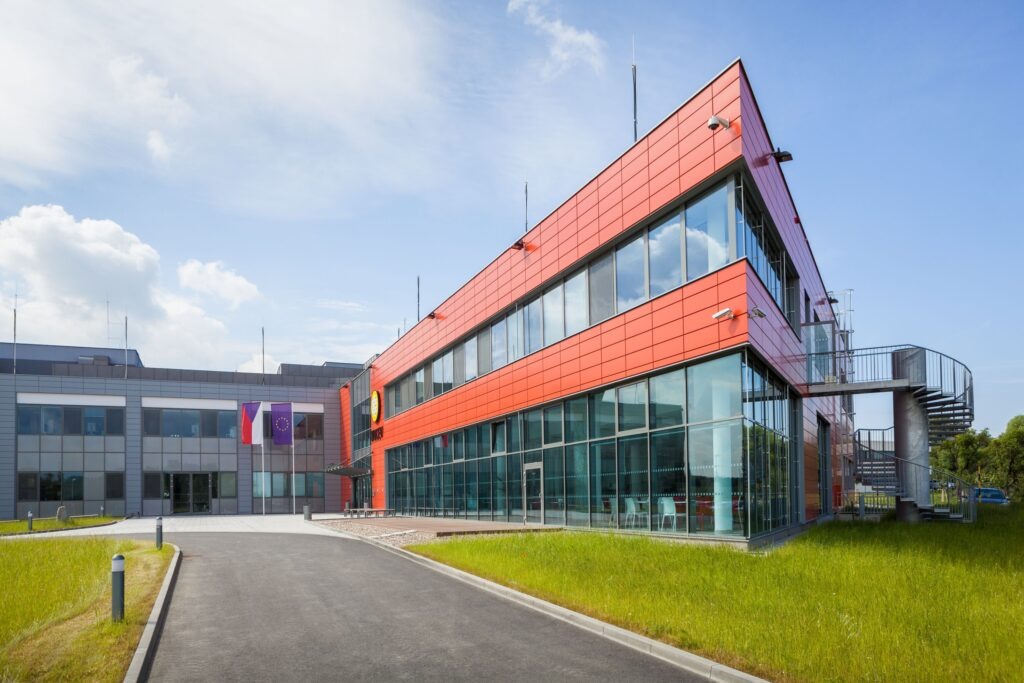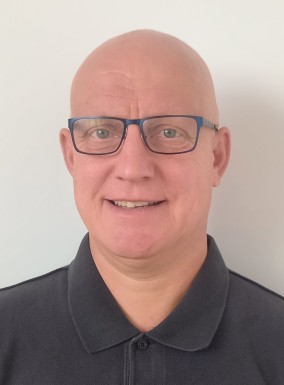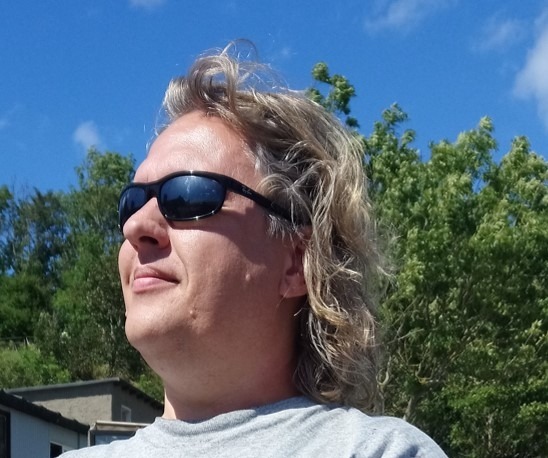
Institute of Microbiology of the Czech Academy of Sciences / BIOCEV
General description
Institute of Microbiology (IMIC) is one of the largest institutes of the Czech Academy of Sciences (located in BIOCEV), performing non-profit research and providing expert services in the fields of applied microbiology, medicine and ecology of natural and anthropogenic habitats. The institute represents the largest scientific body in the Czech Republic addressing all aspects of microorganisms, such as bacteria, yeast, fungi and algae with respect to basic research questions as well as their prospective practical exploitation in medicine and industry and understanding their role in the environment. In 2020, IMIC employed 545 personnel (full-time equivalent) at 5 locations across the country.
Key Research Facilities, Infrastructure and Equipment
- OrbiTrap Fusion, Thermo Quantiva and GC/GC-TOF MS systems
15T ESI/MALDI FT-ICR MS (incl. ETD, ECD, IRMPD, UVPD) and a new ion-mobility-ESI-Q-TOF instrument (installation 2020), both coupled to microLC/UPLC systems. - MALDI-TOF (Autoflex Speed) MS and an excimer laser (COHERENT) for hydroxyl-radical footprinting.
basic molecular biology operations and prokaryotic expression and purification of recombinant proteins, including robotic systems for automated MS sample preparation. - Synapt G2Si and a 12T ESI/MALDI FT-ICR MS.
Contact person
Contact us to know more about our location and work environment. Please use the main contact for questions related to administrative matters. Please contact the supervisors/group leaders of respective research groups regarding feasibility of your research proposal with regard to the research group activities.
Your future supervisors

Petr Halada

Petr Halada
I started my mass spectrometry career in 1995. After the stay at Max Planck Institute in Berlin I moved from small molecule analysis to mass spectrometry of large biomolecules. I was operating the first MALDI-TOF instrument in the Czech Republic and pioneered MS methodology in proteomics. My expertise encompasses protein identification and quantification, protein profiling, peptide sequencing and characterization of post-translational modifications using advanced mass spectrometric methods. My research is also aimed at the development of protein-functionalized surfaces for analyte affinity enrichment in desorption/ionization mass spectrometry.
About the position
The Postdoctoral fellow will join the team of the Laboratory of Structural Biology and Cell Signaling that is focused on developing methods for structural biology, proteomics and clinical mass spectrometry. The laboratory is equipped with an armory of modern instruments, including the state-of -the art mass spectrometers (solariX XR, timsTOF Pro and timsTOF SCP for single cell analysis, Autoflex MALDI and maXis QTOF), nano and capillary flow ultra-high performance liquid chromatographs, excimer and CO2 lasers, micropipette robot and all the necessary equipment of biochemical and chemical laboratory.
Through the collaborative secondments, the fellow will have an opportunity to work with our local industrial partner, AffiPro s.r.o and to visit the laboratory of Prof. Frank Turecek, University of Washington, WA, USA. The expected outputs of the fellowship are high-level scientific publications and potentially applied research outputs such as patents or prototypes. The fellow will gain experience working with a small technological company.
The fellow will be working on the design of a new device for modification of surfaces by ambient ion landing. Experience with instrument design and any form of mass spectrometry are preferred, but it is not a requirement.
Potential candidates should have PhD in one of the following areas: chemistry, biochemistry (or other molecular life science), engineering, physics, material science, surface science or similar related field. Candidates are also expected to demonstrate independent work and thinking with a proactive attitude and ability to work in a team. Good command of English is a condition.

Petr Novák

Petr Novák
I started my protein mass spectrometry journey back in 1997. During the years I transitioned from pure proteomics to the area of structural mass spectrometry which was mainly catalyzed by my post-doc stay at the Sandia National Laboratories where I pioneered several methodological approaches in chemical cross-linking of proteins. I then led part of the mass spectrometry group at the IMIC and since 2015 I headed the Laboratory of Structural Biology and Cell Signaling at a new research center BioCeV. My scientific focus combines development of analytical methods for structural biology, software tools for MS data interpretation and their application to relevant biological systems.
About the position
The Postdoctoral fellow will join the team of the Laboratory of Structural Biology and Cell Signaling that is focused on developing methods for structural biology, proteomics and clinical mass spectrometry. The laboratory is equipped with an armory of modern instruments, including the state-of -the art mass spectrometers (solariX XR, timsTOF Pro and timsTOF SCP for single cell analysis, Autoflex MALDI and maXis QTOF), nano and capillary flow ultra-high performance liquid chromatographs, excimer and CO2 lasers, micropipette robot and all the necessary equipment of biochemical and chemical laboratory.
Through the collaborative secondments, the fellow will have an opportunity to work with our local industrial partner, AffiPro s.r.o and to visit the laboratory of Prof. Frank Turecek, University of Washington, WA, USA. The expected outputs of the fellowship are high-level scientific publications and potentially applied research outputs such as patents or prototypes. The fellow will gain experience working with a small technological company.
The fellow will be working on design and utilization of capillary quench-flow setup for oxidation of proteins with mass spectrometry detection. Experience with LCMS and/or protein chemistry is preferred, but not a requirement.
Potential candidates should have PhD in one the following areas: chemistry, biochemistry (or other molecular life science), engineering, physics, material science, surface science or similar related field. Candidates are also expected to demonstrate independent work and thinking with a proactive attitude and ability to work in a team. Good command of English is a condition.

